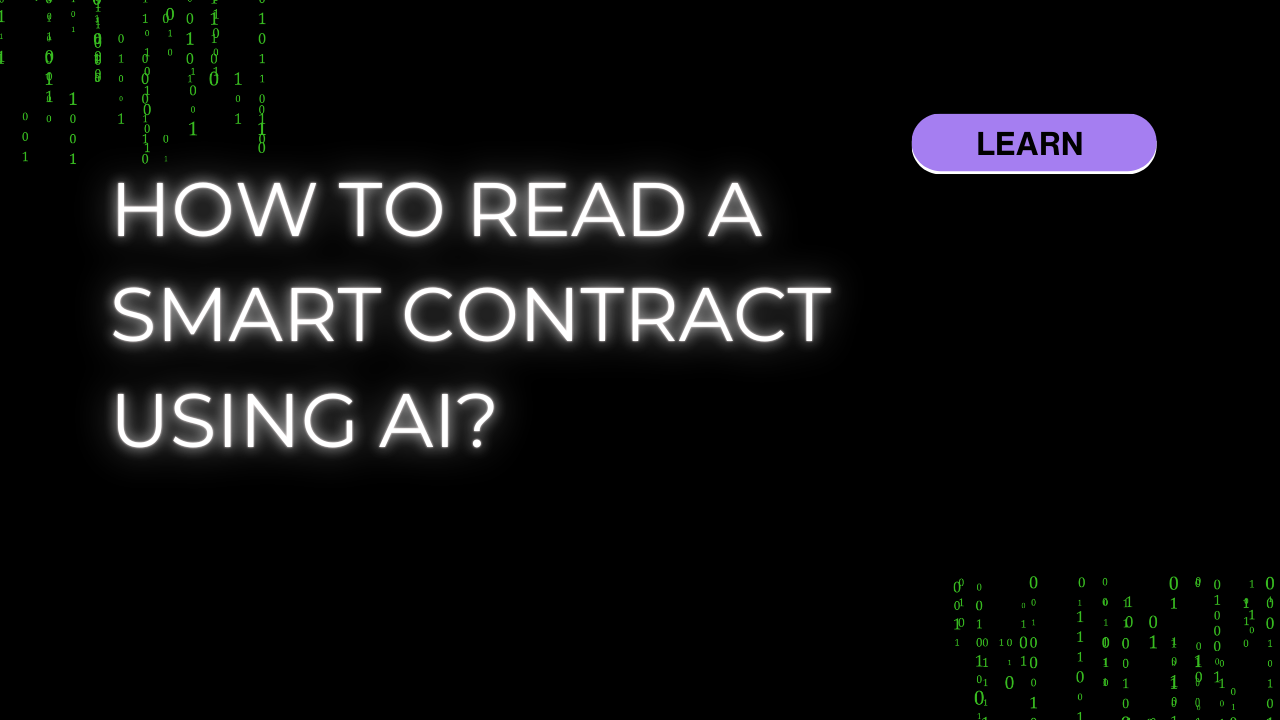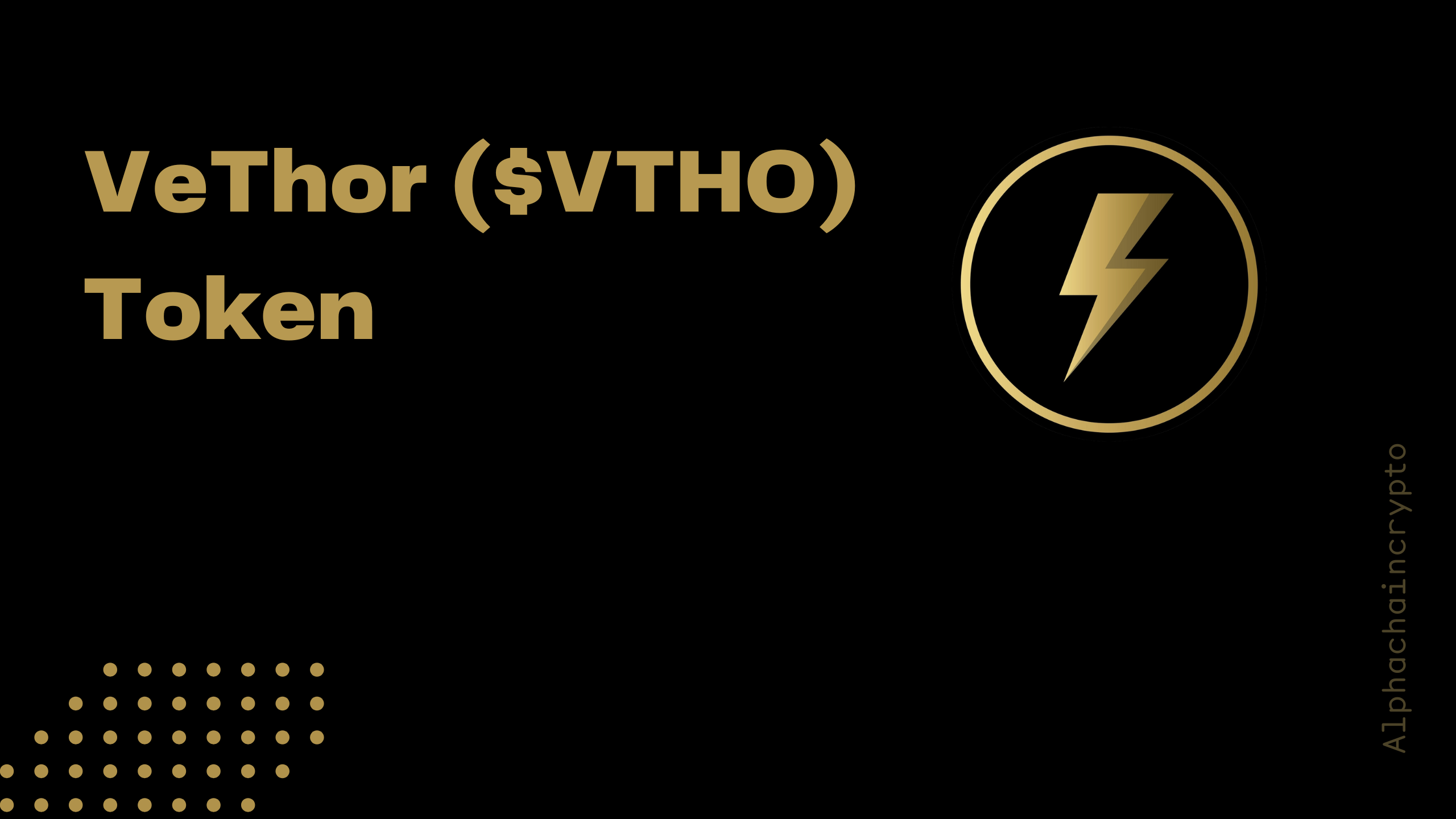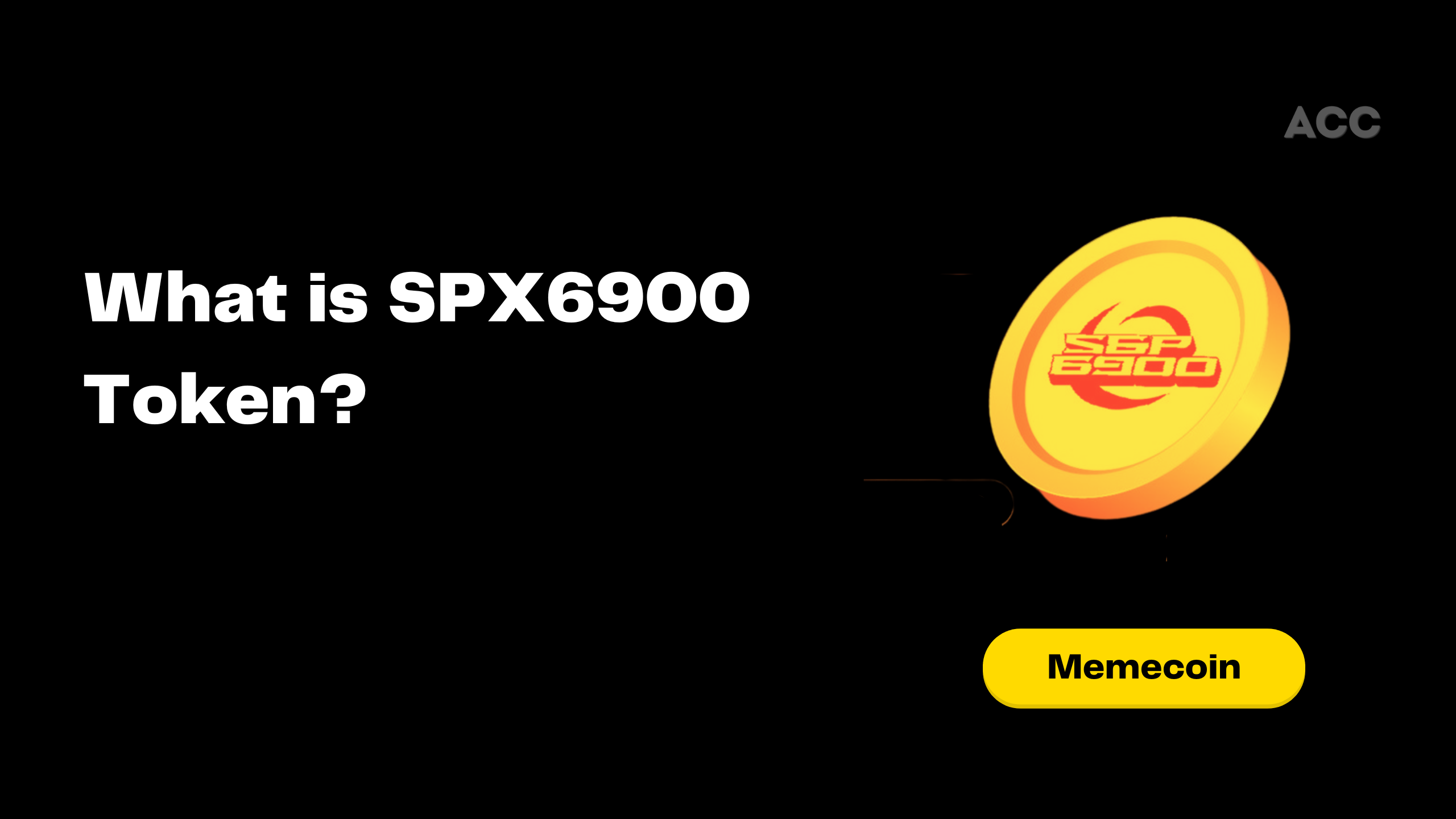What is a Smart Contract?
A smart contract is like a digital agreement that automatically executes transactions when certain conditions are met. In a decentralized exchange, these smart contracts allow you to trade digital assets directly with others without needing a middleman like a bank or traditional exchange.
What are the essential functions a smart contract must have?
Initiating Trades
- Deposit Tokens: Just like depositing money into a bank, you can deposit digital tokens into the exchange. This function records how much you’ve put in.
- Withdraw Tokens: This lets you take out the digital tokens you’ve deposited, sending them back to your digital wallet.
- Create Orders: When you want to trade, you set up an order. You specify what you want to get and what you’re willing to give in exchange.
- Cancel Orders: If you change your mind about a trade, you can cancel your order with this function.
Executing Trades
- Fill Orders: This function matches your trade order with someone else’s and completes the transaction, swapping the tokens between the two parties.
What are the security checks a smart contract must have?
Security is crucial when trading on a decentralized exchange. Here are some features that help keep the exchange secure:
Primary Security Measures
- Reentrancy Guard: This prevents a function from being called again before it finishes its first execution, protecting against certain types of attacks that can drain funds.
- Authorization and Access Control: Some functions can only be used by the owner of the contract, like pausing the contract. This prevents misuse.
- Input Validation: Checks are performed to make sure the conditions (like having enough tokens) are met before executing a function.
- Fallback Function: A safety feature that triggers if the contract receives money accidentally or maliciously without proper data.
- Event Logging: Every important action, like creating or filling orders, is recorded. This helps in auditing and tracking activities on the exchange.
Extra Security Measures
- SafeMath Library: This tool helps prevent mathematical errors that can lead to big problems in smart contracts.
- Pause Mechanism: The owner can pause and unpause the contract’s functions, a useful feature in emergencies or when a bug is found.
How to check vulnerabilities in a smart contract code using AI?
Its quite simple. Lets’ take an example of Uniswap and Etherscan.
Headover to Etherscan and search ‘Uniswap’.
Now, scroll down and select the code from Contract Source Code (Solidity) and paste it in ChatGPT and add ‘check for major vulnerabilities as prompt. Voila’ now you know if the smart contract is secure to interact with or no.
Additional Reading: What is a DEX?

A.k.a – alpha girl. Vinita is the founder of Alphachaincrypto. An English Lit Majors, Vinita bumped into Web3 in 2020 only to realise that tech was her calling. Later, Mathreja worked for some notable brands like Near Education, Biconomy, CoinDCX and top of the line crypto start ups.





